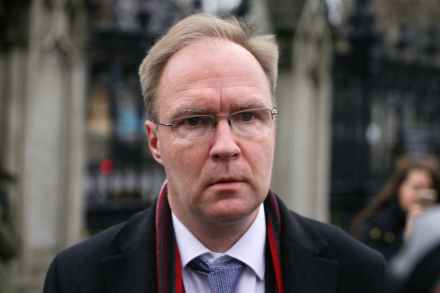Coffee House Top 10: Ivan Rogers: no deal is now the most likely Brexit outcome
We’re closing 2019 by republishing our ten most-read articles of the year. Here’s No. 10: Ivan Rogers’s article from June on the prospect of a no-deal Brexit: We all know this is a great country. Sadly, it’s one currently very poorly led by a political elite, some masquerading as non-elite, which has great difficulties discerning and telling the truth. I am discouraged by just how badly Brexit has been handled to date, and currently pessimistic that this is going to get any better any time soon. I am worried that the longer the sheer lack of seriousness and honesty, the delusion mongering goes on, the more we imperil our long-term prospects.





















